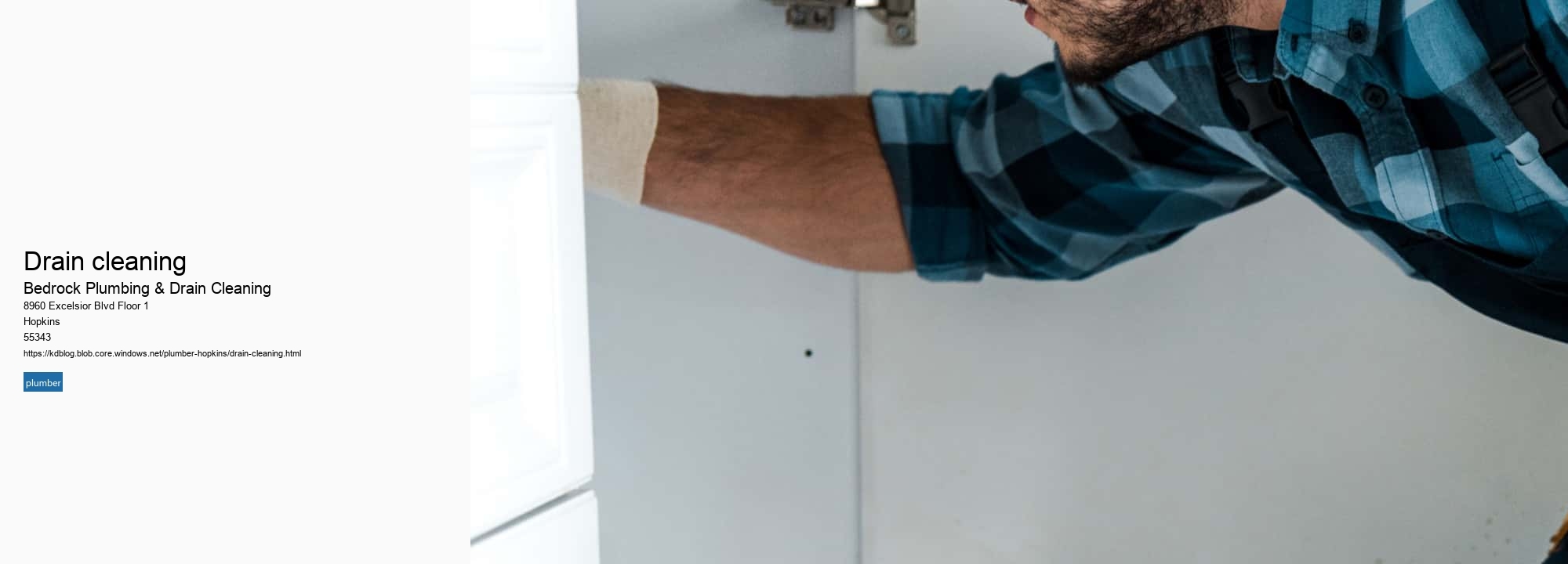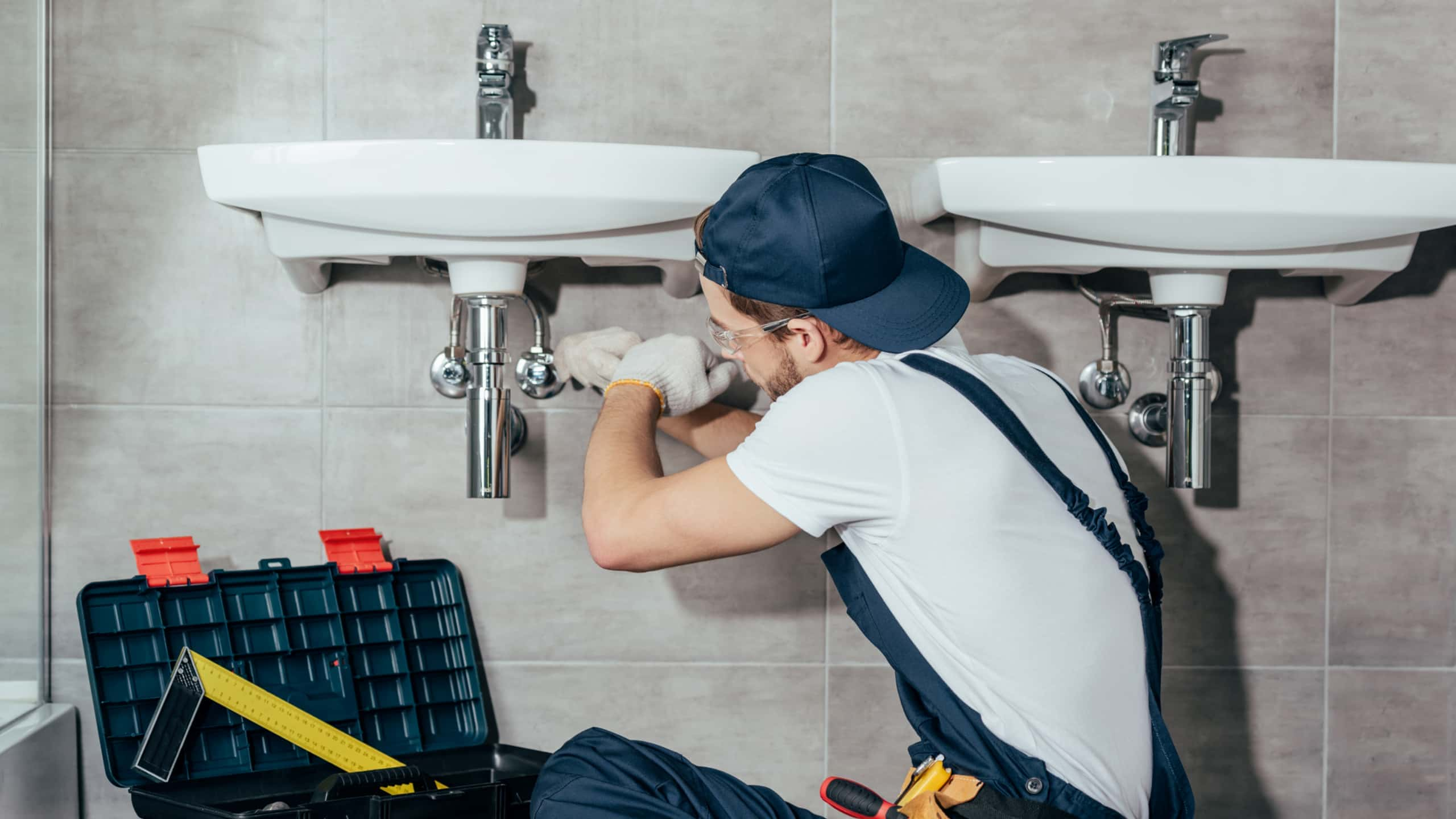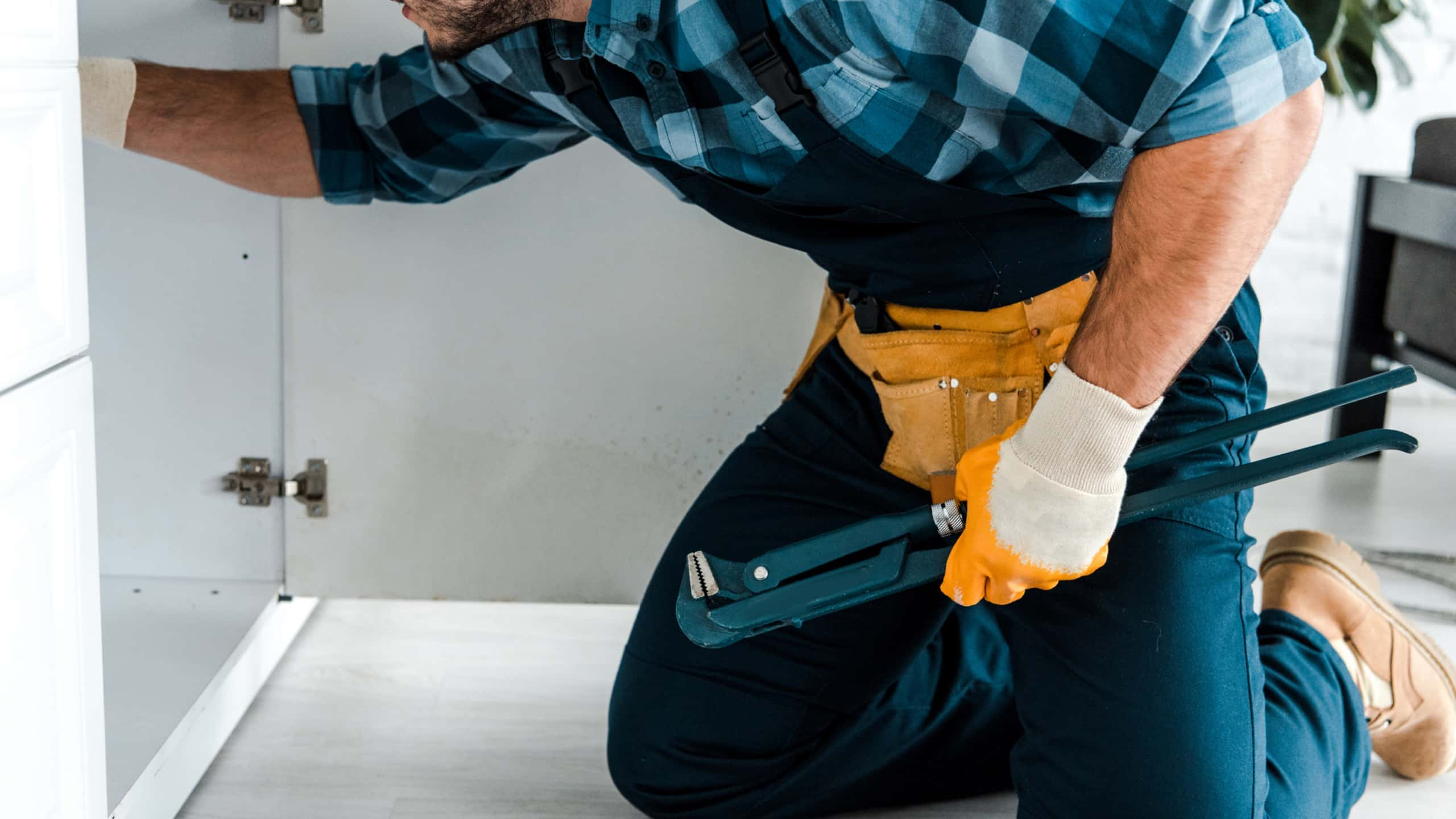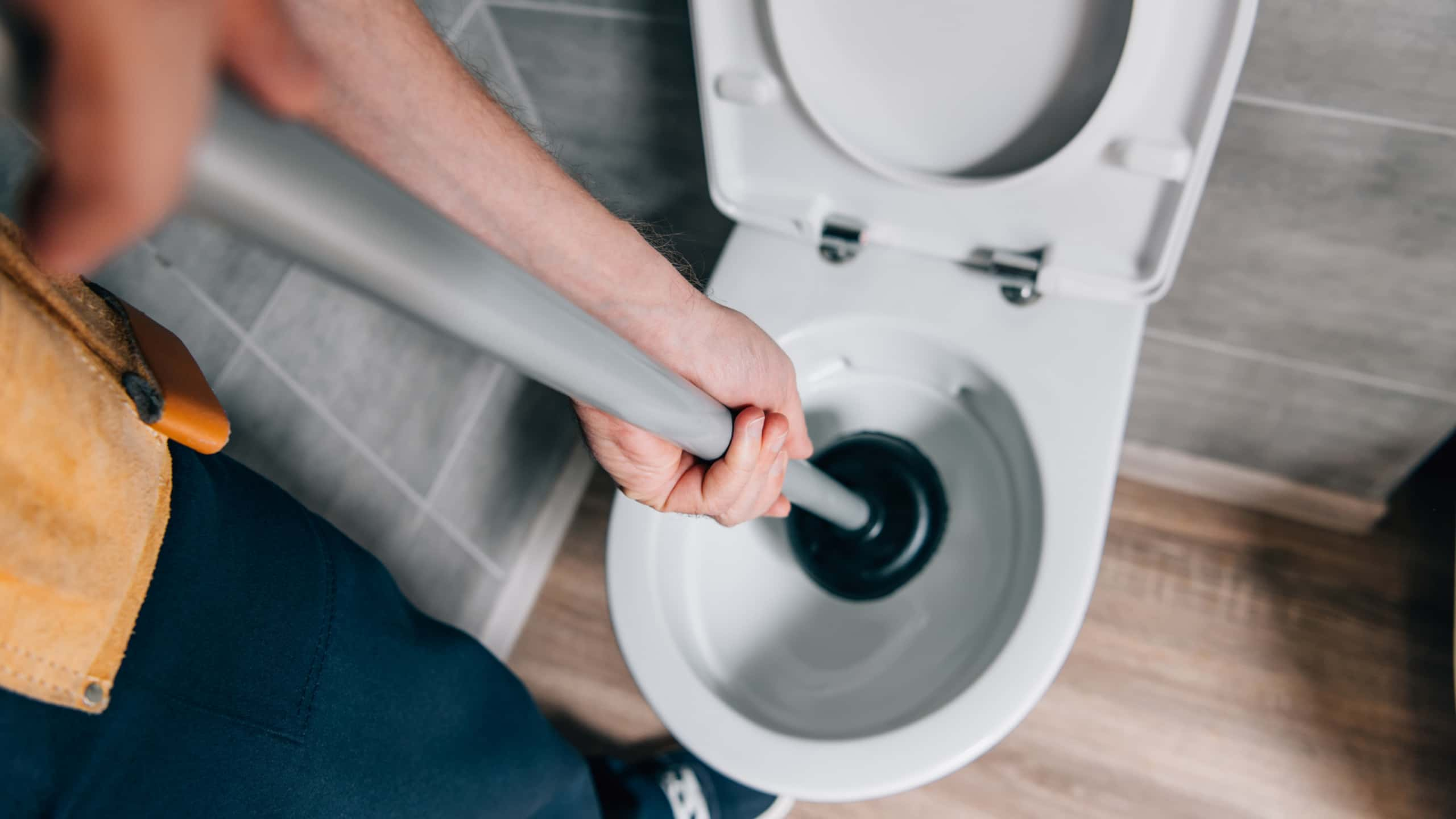






Plumbers are often seen as the unsung heroes of society, but most people don't realize just how much they have to put up with. Contrary to popular belief, plumbers do not get covered in poo on a regular basis. In fact, the majority of their work doesn't involve coming into contact with human waste at all. Instead, they spend much of their time fixing plumbing fixtures and unclogging drains.
Nevertheless, it is true that plumbers may occasionally need to handle poo while working on sewers or septic tanks. When this happens, they always use protective gear and make sure that no mess is left behind once the job is complete. Plus, modern technology has made it easier for plumbers to perform these tasks with minimal risk and discomfort - for both them and their clients!
Having a clogged plumbing system can be quite frustrating. To avoid costly repairs and keep your pipes running smoothly, regular cleaning is essential. But how do you go about cleaning your plumbing?
First off, it's important to identify the problem. Check all of your fixtures for signs of blockage, such as slow drainage or gurgling sounds. If you spot a problem, don't delay in seeking professional help. Otherwise, you could face an expensive repair bill down the road.
Not cleaning your pipes can lead to a host of serious problems. To begin with, if you don't clear the blockages from your pipes, they will become clogged and waterflow will be reduced. Furthermore, this can cause back pressure in the system which is very dangerous. In addition to this, there may be an increase in rust and corrosion on metal pipes which can lead to them bursting or leaking. On top of that, bacteria and mould are likely to grow inside dirty pipes as well as on their exterior surfaces, resulting in bad smells and potentially hazardous health risks for anyone living in the house.